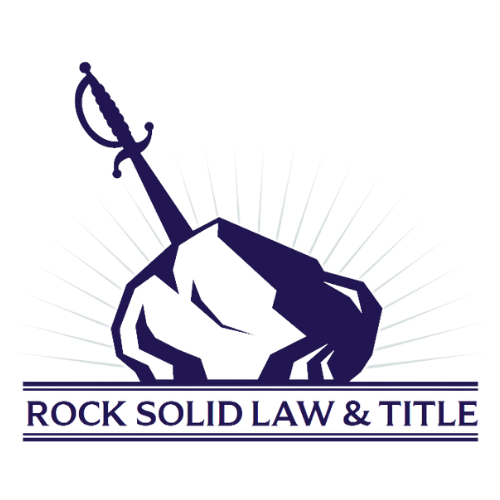WHAT IS ESTATE PLANNING?
Estate planning is the process of providing for you and your family’s care during life and after death. It involves making your wishes known regarding your medical care, the care of your children, and the management and distribution of your assets through the preparation and execution of documents, that may include wills, trusts, durable powers of attorney, advance medical directives, and beneficiary designations.
WHY DO I NEED AN ESTATE PLAN?
You need an estate plan to make sure your wishes are carried out and that your family is taken care of. If you never take the time to implement an estate plan, the law determines what happens to you and your property, and who will make your decisions. In some cases, the law may go against your wishes and your family’s needs. If you have children, have been divorced, remarried, or have a non-traditional family or have a large estate that could be subject to estate tax, there may be greater consequences if you do not have an estate plan in place.
WHAT IS AN ESTATE PLAN?
An estate plan is the set of documents that provides for the management and disposition of your property during your life and after your death, names decision makers for financial and health care decisions, and states your wishes with respect to end of life care and memorial services.
WHY SHOULD I BE CONCERNED WITH ESTATE PLANNING WHILE I AM ALIVE?
If you become incapacitated and have not implemented an estate plan naming representatives to help you manage your finances and healthcare, it is possible that you would be required to go through a guardianship proceeding where the court appoints one or more persons to look after your financial and personal needs. The guardianship is ongoing until you either recover or pass away and could significantly invade your privacy and drain your resources, as the costs of a guardianship are paid from your personal assets. In addition to the potential for a guardianship, if you don’t make your wishes known through your estate planning documents, it is likely they will not be carried out.
WHAT HAPPENS TO MY ASSETS WHEN I DIE IF I HAVE NOT DONE MY ESTATE PLAN?
It depends on the type of asset. Some of your assets will pass by operation of law (e.g., property held in joint tenancy with rights of survivorship), some will pass by contract or beneficiary designation if you have completed this form (e.g., IRA or 401(k), or life insurance), and some will pass pursuant to Florida law following a probate administration. Contrary to popular belief, the state of Florida does not take all of your assets if you die without a will; however, the state’s intestacy statute will generally direct your assets to your nearest blood relative.
WHAT IS PROBATE AND WHY MIGHT I WANT TO AVOID IT?
Probate refers to the court supervised administration and distribution of your probate estate. Your probate estate generally consists of individually owned assets that do not have a beneficiary designation. Because probate is a formal court proceeding, it can take a long time to complete (which can delay distribution of your estate assets to your loved ones) and is often expensive. If you own property in another state, your loved ones may have to deal with a probate administration in Florida and the other state. Fortunately, avoiding probate is easy with a well-thought-out estate plan.
HOW DO I AVOID PROBATE?
You avoid probate by implementing a comprehensive estate plan, which may include the creation and funding of a revocable living trust, a review of account and asset titles and the completion of beneficiary designation forms.
WHAT DOCUMENTS SHOULD BE INCLUDED IN AN ESTATE PLAN?
A basic estate plan should at a minimum include the following documents:
Last Will and Testament
Durable Power of Attorney
Designation of Health Care Surrogate
Living Will
If you wish to avoid probate, a basic estate plan would also include:
Revocable Living Trust
Trust Funding
If you have a more complex situation, your estate plan may also include:
Irrevocable Trust(s) e.g., GRAT, IDGT, CRUT, CRAT)
Special Needs Trust(s)
Family LPs or Family LLCs

